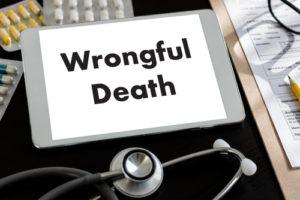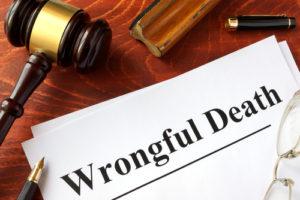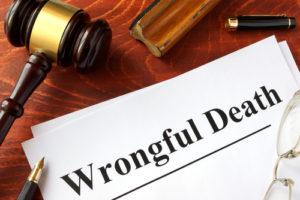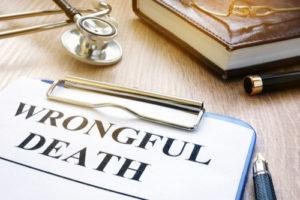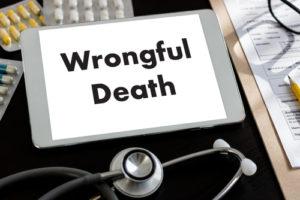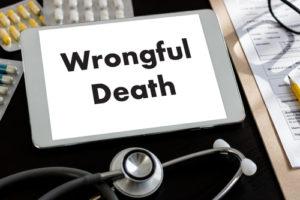

Losing a loved one to a wrongful death often creates a very different path of grieving than when a family member passes away after an extended illness or from another expected death. Coping with sudden death – whether in a car accident, homicide or other tragic event – may be more complicated and difficult than coping with an expected death.
Some surviving family members even suffer from post-traumatic stress disorder after losing a loved one in a tragic incident caused by another’s negligence. Unlike expected losses, wrongful deaths rarely give family members a chance to prepare for the death of their loved one or to tell them they love them one last time.
To help cope with the wrongful, sudden death of a loved one, follow these tips:
Focus on keeping yourself healthy.
As soon as possible, return to your regular routine and try to create and maintain a schedule. Most people feel a lack of control after losing a loved one, and giving yourself structure through a daily routine helps. You should also try to sleep at least eight hours every night or at least try to take some time out of your schedule to relax. Do not forget to eat healthy, nutritious foods, even if you do not feel like eating.
For a free legal consultation, call (614) 538-1116
Identify your support network.
Surround yourself with trusted family and friends who are willing to listen. Even if you are not ready to talk yet, the time will come.
You probably have friends and extended family members offering to prepare meals, babysit, run errands, and help out around your house. Let them. They offer because they truly want to help you.
Even after the healing begins, your support network will be able to help you through holidays, birthdays, and anniversaries.
Seek additional support when you need it.
Some signs of depression are normal early on, but if they continue, it may be time to seek professional help. If mourning turns into crippling depression, a doctor can offer treatment that allows you to return to a better quality of life.
Support groups may also offer an opportunity to share your feelings and give and receive support from others in similar positions. Look for local or online support groups related to the way your loved one died to find others who best understand your grief.
Click to contact our personal injury lawyers today
Visit your local bookstore or library.
There are thousands of books about loss and bereavement. Memoirs help you recognize your feelings are normal, while self-help offers advice on navigating the grieving process.
A couple popular memoirs include C. S. Lewis’s A Grief Observed and Sandra Gilbert’s Death’s Door: Modern Dying and the Ways We Grieve. In the latter, Gilbert discusses the unexpected death of her husband while also offering tips for coping with your own grief.
Martha Whitmore Hickman’s Healing After Loss offers daily meditations to help you through your own bereavement. You may also want to check out Brook Noel and Pamela D. Blair’s I Wasn’t Ready to Say Goodbye: Surviving, Coping and Healing After the Sudden Death of a Loved One.
Complete a Free Case Evaluation form now
Talk about your case with an Ohio wrongful death lawyer.
For some families, losing a loved one in a wrongful death brings with it much more than just grief. In addition to losing a family member, they have also lost an income, and the company and love the family member gave. Saddled with medical bills and funeral expenses, their home and other assets are also at risk. This is where a compassionate wrongful death lawyer can make all the difference.
At Bressman Law, we work to reduce the emotional and financial stress on all of our clients, ensuring they get the compensation they deserve from the liable parties.
For a free case evaluation and to learn more about our services, contact us today at (614) 538-1116.
Call or text (614) 538-1116 or complete a Free Case Evaluation form

